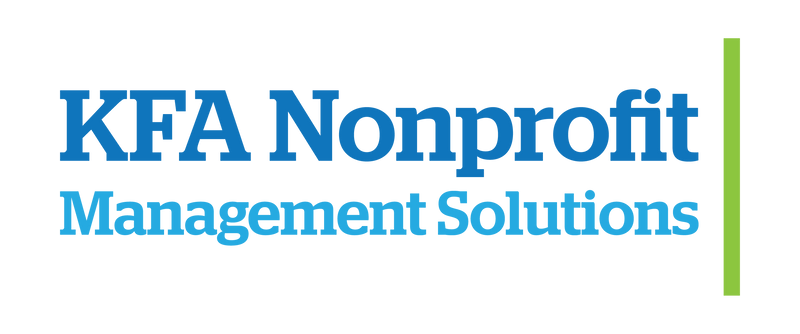Funding to promote drug-free communities has been announced along with two new grants from the Office of Violence Against Women (only one grant is highlighted below). Monies to provide training programs for scholars, humanities professionals, and advanced graduate students to broaden and extend their knowledge of digital humanities is being awarded by National Endowment for the Humanities.
Substance Abuse and Mental Health Services Administration
Grant Title: Drug Free Communities - New
Grant Info: https://www.grants.gov/web/grants/view-opportunity.html?oppId=298776
Details: The DFC Program was created by the Drug-Free Communities Act of 1997 (Public Law 105-20). The DFC Support Program has two goals: 1. Establish and strengthen collaboration among communities, public and private non-profit agencies; as well as federal, state, local, and tribal governments to support the efforts of community coalitions working to prevent and reduce substance use among youth*. 2. Reduce substance use among youth and, over time, reduce substance abuse among adults by addressing the factors in a community that increase the risk of substance abuse and promoting the factors that minimize the risk of substance abuse. *For the purposes of this FOA, “youth” is defined as individuals 18 years of age and younger.
Office on Violence Against Women
Grant Title: OVW FY 2018 Grants to Reduce Sexual Assault, Domestic Violence, Dating Violence and Stalking on Campus Program
Grant Info: https://www.grants.gov/web/grants/view-opportunity.html?oppId=299933
Details: The Campus Program encourages a comprehensive coordinated community approach that enhances victim safety, provides services for victims and supports efforts to hold offenders accountable. The funding supports activities that develop and strengthen trauma informed victim services and strategies to prevent, investigate, respond to sexual assault, domestic violence, dating violence and stalking. Developing campus-wide coordinated responses involving campus victim service providers, law enforcement/campus safety officers, health providers, housing officials, administrators, student leaders, faith-based leaders, representatives from student organizations, and disciplinary board members is critical. To be effective, campus responses must also link to local off-campus criminal justice agencies and service providers, including local law enforcement agencies, prosecutors offices, courts, and nonprofit, nongovernmental victim advocacy and victim services organizations. Campuses are encouraged to create or revitalize large-scale efforts that treat sexual assault, domestic violence, dating violence, and stalking as serious offenses by adopting effective, culturally relevant policies and protocols, developing victim services and advocacy programs, and implementing effective prevention approaches. Colleges and universities should demonstrate to every student that these crimes will not be tolerated, that perpetrators will face serious consequences, and that holistic services are available for victims.
National Endowment for the Humanities
Grant Title: Institutes for Advanced Topics in the Digital Humanities
Grant Info:https://www.grants.gov/web/grants/view-opportunity.html?oppId=300001
Details: The Institutes for Advanced Topics in the Digital Humanities (IATDH) program supports national or regional (multistate) training programs for scholars, humanities professionals, and advanced graduate students to broaden and extend their knowledge of digital humanities. Through this program NEH seeks to increase the number of humanities scholars and practitioners using digital technology in their research and to broadly disseminate knowledge about advanced technology tools and methodologies relevant to the humanities. The institutes may be a single opportunity or offered multiple times to different audiences. Institutes may be as short as a few days and held at multiple locations or as long as six weeks at a single site. For example, training opportunities could be offered before or after regularly occurring scholarly meetings, during the summer months, or during appropriate times of the academic year. The duration of a program should allow for full and thorough treatment of the topic. These professional development programs may focus on a particular computational method, such as network or spatial analysis. They may also target the needs of a particular humanities discipline or audience.
